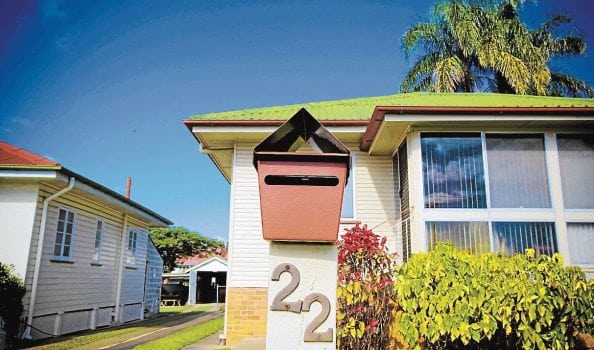Property bubble debate heats up
Public officials’ concerns of a property bubble in Sydney and Melbourne are spreading uncertainty amongst those thinking about increasing their exposure, but are not dissuading Chinese investors.
Treasury secretary John Fraser was the last public official to warn about fast rising house prices: “When you look at the housing price bubble evidence, it’s unequivocally the case in Sydney,” he told a Senate committee, and added that this was “certainly the case in higher priced areas in Melbourne.”
Fraser joined the Australian Prudential Regulation Authority (APRA), which recently reviewed bank lending standards for property investors and last December warned lenders not to increase investor loans by more than 10% a year.
But the precautions are still a long way from the measures taken by the New Zealand government, which has put in place severe measures to cool house prices in Auckland, including a 33% tax on properties bought or sold in the city within two years.
Speaking about APRA’s measures to tighten lending, Property Investment Professionals of Australia (PIPA) chief executive Ben Kingsley said: “We recognise that marketplaces like Sydney and Melbourne are posing concerns, as new and existing investors are potentially speculating in trying to capitalise on boom conditions.
“However, there are plenty of other property markets in Australia and these measures are an unfair imposition on investors who want to invest in other parts of our country.”
At the same time, a Credit Suisse report highlighted the difficulties of cooling down the Australian property market, as Chinese buyers are expected to invest as much as $60 billion into the sector until 2020.
Only during the last financial year, Chinese citizens bought close to $9 billion worth of Australian property, 60% more than the previous year.
They were buying mostly in Sydney and Melbourne, where Chinese demand accounted for 23% and 20% of the new supply, the report said.
Lombard Street Research attributed Chinese interest in the Australian market to the falling Australian dollar: “The currency angle is often underestimated.”
The local currency has depreciated 20% relative to the Renminbi over the last year and almost 50% since the resources cycle peaked in 2011.
This “has rendered Australian real assets increasingly attractive to Chinese yield.”
[via Financial Standard]


